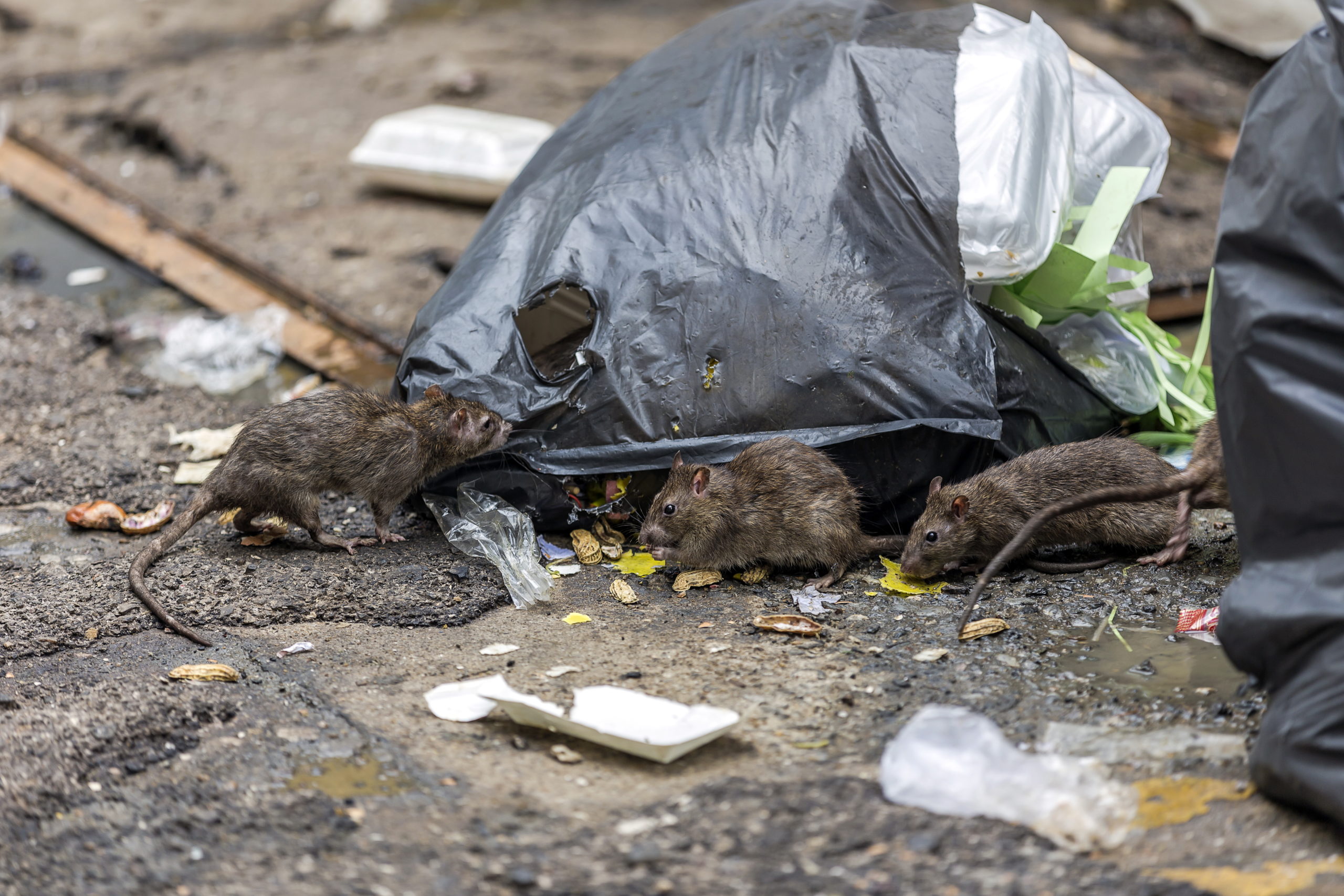Michigan health officials have confirmed the state’s first human case of Sin Nombre hantavirus, a disease spread by rodents (particularly, their urine, saliva, or feces), but not by humans.
A woman was admitted to the hospital for a significant lung condition caused by a hantavirus, according to the Michigan Department of Health and Human Services (MDHHS). She was treated and is already out of the hospital. MDHHS believes she got it while cleaning a house that had evidence of a rodent infestation in progress.
It had been two years since that location had been occupied.
Susan Ringler-Cerniglia, a spokeswoman for the Washtenaw County health department, said, “We believe the individual was exposed when cleaning out the dwelling. Fecal matter … from the infestation likely became airborne during cleaning and was inhaled by the individual,” she continued, “This infection is still considered very rare and can be avoided, even with significant infestations, with precautions when cleaning.”
Since it was initially discovered in affected patients in the southwest states in 1993, hantavirus pulmonary syndrome (HPS), which occurs worldwide, has afflicted people all over the United States and the Americas, according to Local 4.
In most cases, hantavirus infections occur as a result of activities that expose humans to infected rodents. People can contract it by disturbing or inhaling rat excrement that has recently dried out or by swallowing infected water or food. It can also be acquired by bites. In addition, the majority of instances have been linked to the spring and summer seasons.
“HPS is caused by some strains of hantavirus and is a rare but severe and sometimes fatal respiratory disease that can occur one to five weeks after a person has exposure to fresh urine, droppings or saliva from infected rodents,” said the chief medical executive and chief deputy for health at MDHHS, Dr. Joneigh Khaldun, in a statement. “Anyone who comes into contact with rodents that carry hantavirus is at risk for HPS, and healthcare providers with a suspect case of hantavirus should contact their local health department to report the case and discuss options for confirmatory testing.”
Fever, chills, body pains, headache, and gastrointestinal indications such as nausea, vomiting, diarrhea, and abdominal pain are among the unpleasant symptoms of HPS. Coughing and shortness of breath may occur if the condition worsens. Approximately 38% of persons who contract HPS die.
Though it’s not something to get too worked up about, there are some recommendations on avoiding the illness if you’re worried.
“You can prevent exposure to hantavirus and other diseases by taking steps to keep mice and rats out of your home and properly cleaning rodent urine, droppings, and nesting materials (including using disinfectant) if you see rodents or evidence of rodents around your home,” added Ringler-Cerniglia.
The majority of disinfectants are effective. You may also wish to call a professional if you have a severe rodent infestation.
“Things such as seeing a rodent while out for a walk or a hike pose no risk to you,” Ringler-Cerniglia continued. “Similarly, if your pet finds or kills a rodent, neither dogs nor cats can transmit hantavirus to humans.”



